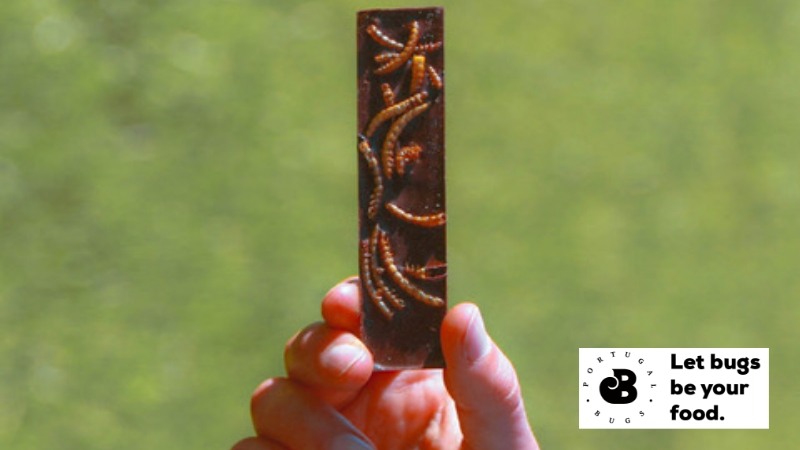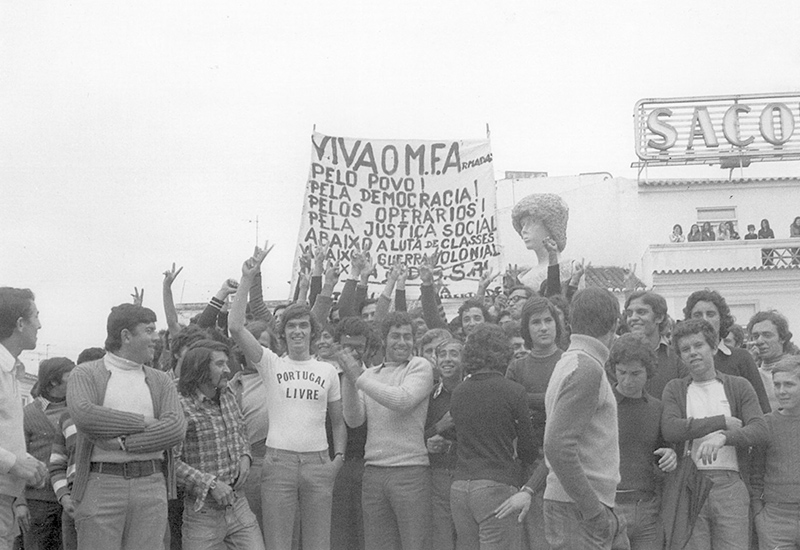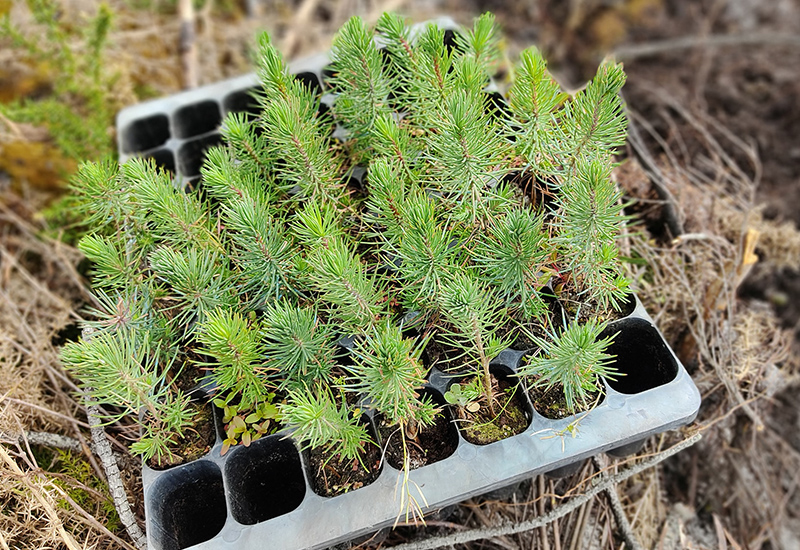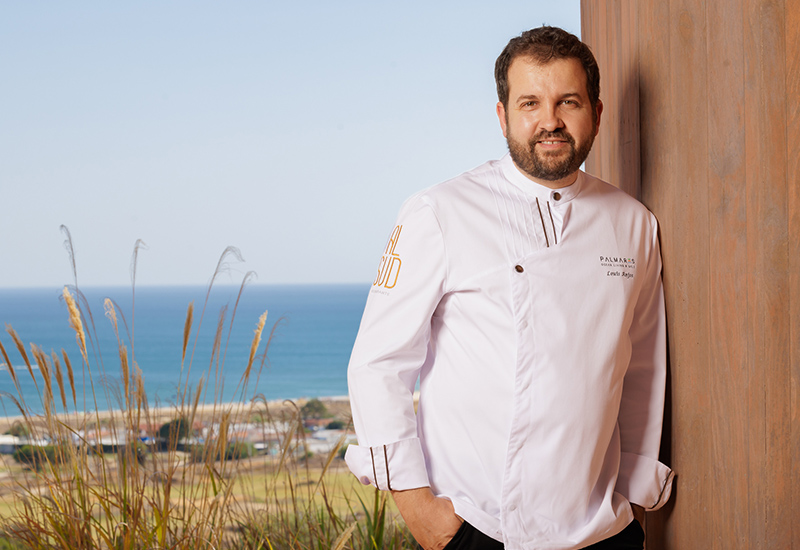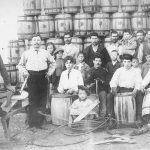If I told you that eating insects could help save the planet, would it entice you to feast on mealworm bites? Guilherme Pereira, the founder of Portugal Bugs, thinks so and believes insects can help us feed the world.
In 2016, Guilherme was studying food science at the Faculty of Sciences of the University of Porto and took his first steps in the world of entomophagy! This is not to be confused with entomology which is the study of insects. There are around two billion entomophagous people in the world who use insects as a food source.
Human beings have consumed insects since primordial times, as they provided the necessary nutrients for their survival. Entomophagy comes from the Greek éntomon, which means “insects to eat”.
When he began his studies, eating insects was an alien concept to Guilherme. In December 2016, he headed to the Netherlands to participate in one of the first seminars related to the use of insects for human and animal food at Wageningen University.
It had such a positive impact on him that at the beginning of 2017, he started a breeding colony of mealworms and crickets in his garage near Porto.
The product he developed received a lot of positive feedback, which triggered the idea of moving forward with a startup company that marketed and developed insect-based food products. He went into partnership with Sara Martins, a fellow food scientist he met at university and also his girlfriend.

Guilherme

Sara
Portugal Bugs won awards in several entrepreneurship competitions, allowing them to leave the garage in 2018 and move to their first premises in Matosinhos with support from StartUp Portugal. At that point they were ahead of the game as they did not have permission for insects to be sold as food in Portugal.
Finally, in June 2021, Guillherme and Sara’s work started to pay off as insect-based foods were approved for consumption by the Directorate-General for Food and Veterinary Medicine. They are now starting to reach retail. Continente is the first to sell them and from August it became possible to buy these foods in 10 stores across the country. Although no shops in the Algarve are stocking them as yet, their delicacies are available through Continente’s online store.
Sonae’s retail brand has invested in a partnership with Portugal Bugs and puts its food on sale under the “Continente Food Lab” seal. According to the statement, these foods “are launched in an experimental and dynamic perspective, in which customer feedback is crucial for them to remain in stores”.
The foods in question are snacks, protein bars and flour made from Tenebrio Molitor, better known as “flour bug”, and will cost between 1.79€ and 9.95€. Snacks are dehydrated spiced insects that can be added as a topping to other meals. The protein bars available are flavoured with chocolate and almond, fig and orange, apple and cinnamon, peanut butter and honey. Flour is made 100% from the insect and can be used for bread, biscuits, and cakes.
“We are trying to fight the ‘yuck factor’. People are afraid of the flavour, but they don’t taste any different to what consumers are used to. Our latest mealworm snacks are flavoured with sea salt and cayenne pepper – you eat them like potato chips.”
Why does Guilherme think that people will be putting these in their shopping trolley? “The perception I have now with Portuguese consumers is that their behaviour is changing. In 2016, consumers were not thinking about their food’s footprint, but they are now trying to find ways of being more sustainable. We ran an enquiry in 2016 when 80% said they would not accept insects as a regular food course. This year we launched the same survey for one of our products and this changed to 30% who would not consider it. So we have won over 50% of the market.”
Insects are rich in protein 50 – 60% with essential fats and are a good source of probiotic fibre. They are a “nutrition bomb” found in one single ingredient. Insects have a small footprint compared to other protein sources. They don’t need the amount of feed required by livestock, or the amount of water and leave no greenhouse gases. Insects are also efficient at turning food into edible body mass. For example, you need to give a cow 10kg of food to produce 1kg of edible mass. With insects, you only need 1 – 1.2kg of food to produce 1kg of edible mass.
Another benefit is that by-products can be used to feed the insects. “In supermarkets, 30% of their fruit and vegetable stock is damaged and goes to the rubbish bin. This will improve the circular economy,” explain Guilherme.
So if being sustainable is really ‘bugging’ you, then make sure you experiment with entomophagy. Portugal Bugs is yet another innovative and environmentally conscious idea to come out of Portugal and will hopefully ‘worm’ its way onto more supermarket shelves.
If you are, like me, keen to try one, check our FB page for a giveaway and see what impressed the Tomorrow team when we hosted our own bushtucker trial.
Facts and Figures
- Insects are eaten in 80% of the world’s nations.
- A cockroach contains about 65% protein, whereas beef has about 50% protein.
- In 2014, Thailand was the leading country in insect farming, producing 7,5 tons of edible insects every year.
- Global Market Insights reported that the US edible insect market topped 55 million dollars in 2017.






